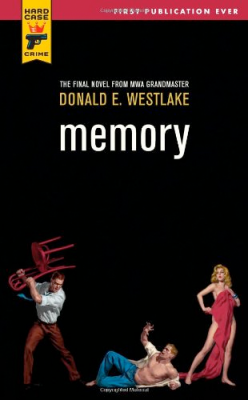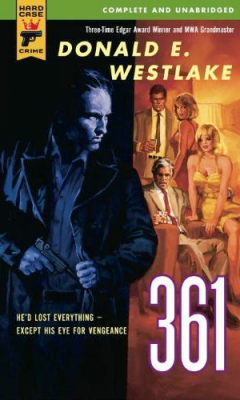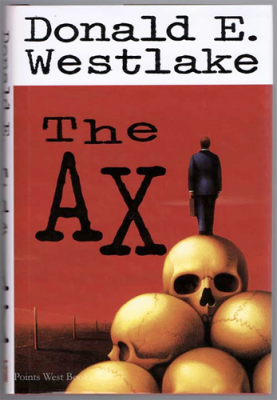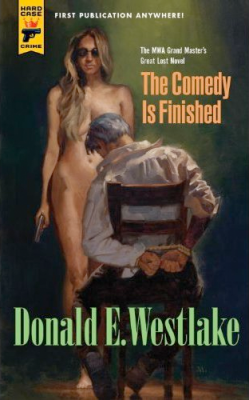If a madman were to come into this room with a stick in his hand, no doubt we should pity the state of his mind; but our primary consideration would be to take care of ourselves. We should knock him down first, and pity him afterwards. –Samuel Johnson
_____The driver was one of those people who loves his job so much he can never stop talking about it. He and the madman rode together nearly three hours, and the driver never stopped talking about theater. He told the madman all about the way a summer theater is run, and the kind of part for which he’d been hired, and what he had done in his career up till this point, and the names of all the people in theater he knew, and anecdotes about them, and on and on. After a while, he was repeating himself. But the madman didn’t mind. It was pleasant to listen to, and he was actually interested; at one time he himself had thought idly of a theatrical career. But that was in another life.
_____Behind and beneath the driver’s rambling talk the radio played music and commercials and news broadcasts and weather reports, all soothing, soporific, a pleasant soft accompaniment to the driver’s chatter. Until the eleven-o’clock news broadcast, which told all about the madman, and gave his description.
_____The driver had known immediately. The madman could tell. But, to try to fool him, he’d said, “Why, that description could fit anybody. It could fit me. It could even fit you.”
Reviews:
The Westlake Review (spoilers)
Buy it here:
| Random House, 1964 (HC) |    |
| Boardman (UK), 1965 (HC) |   |
| Carroll & Graf, 1996 (PB) |     |
Cover Gallery:
- First Print (Hardcover)
- First Print (Hardcover)
- First Print (Hardcover)
- First Print (Hardcover)
- First Print (Hardcover)
- 1st France: Crêpe Festival (1965)
- 1st UK (1965)
- Germany: A Madman Makes “Vacation” (1966)
- Japan: Put Pity for Later (1966)
- Japan (1966)
- Portugal: The Man Hidden (1967)
- Portugal (1967)
- 2nd UK (1978)
- 2nd UK (1978)
- 2nd France (1973)
- 2nd France (1973)
You might enjoy…





















